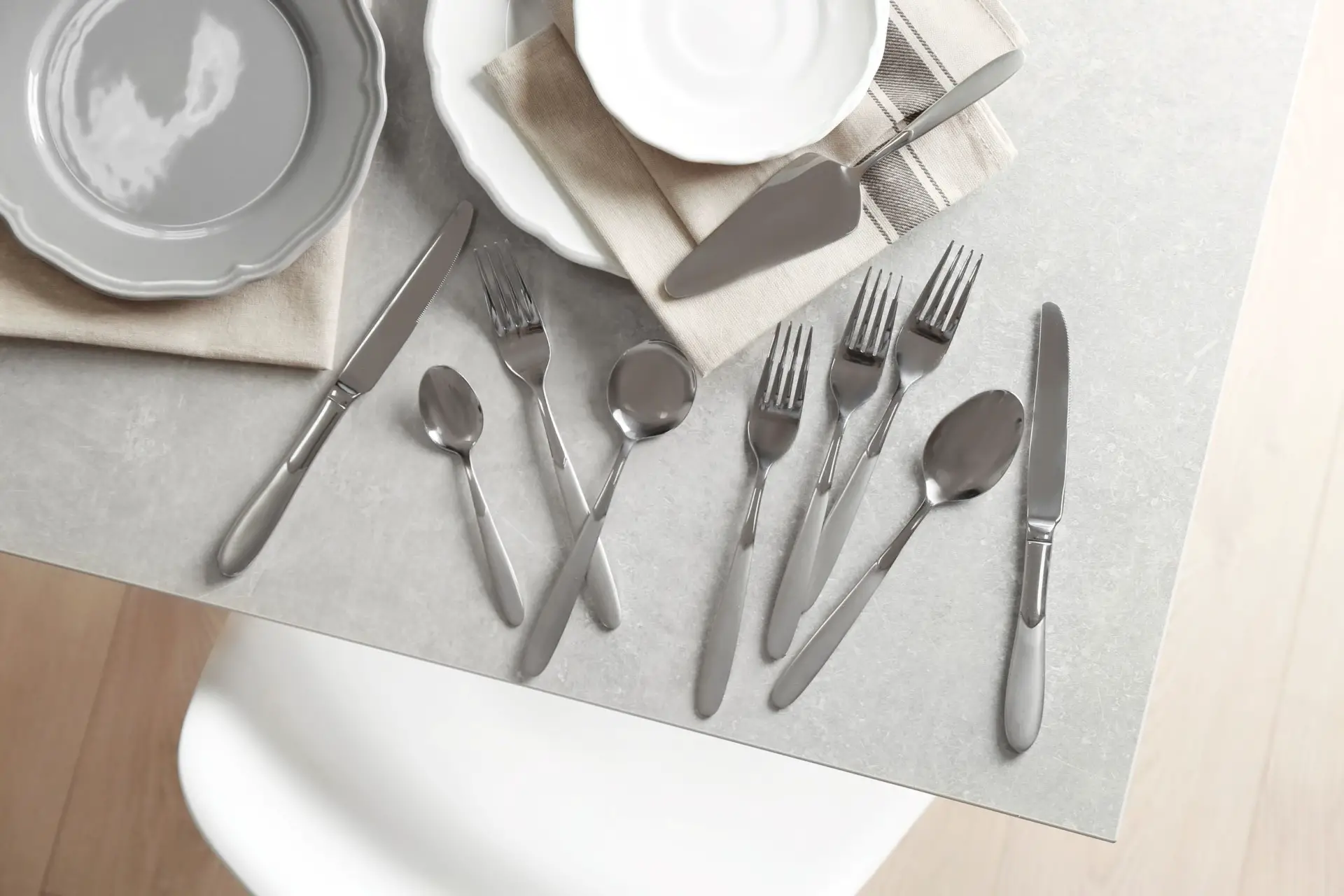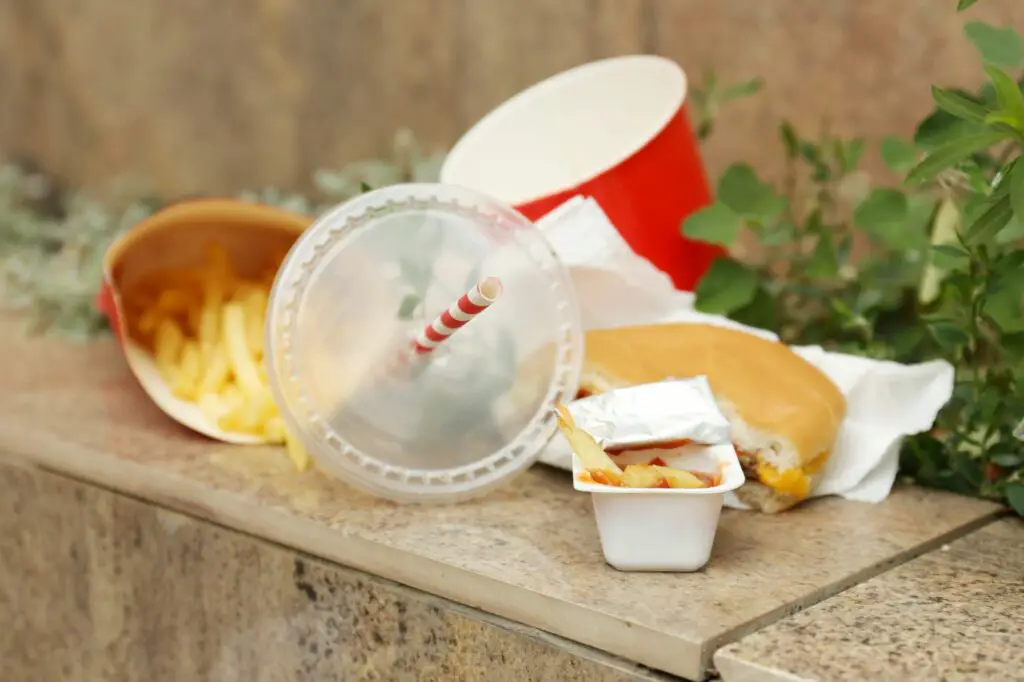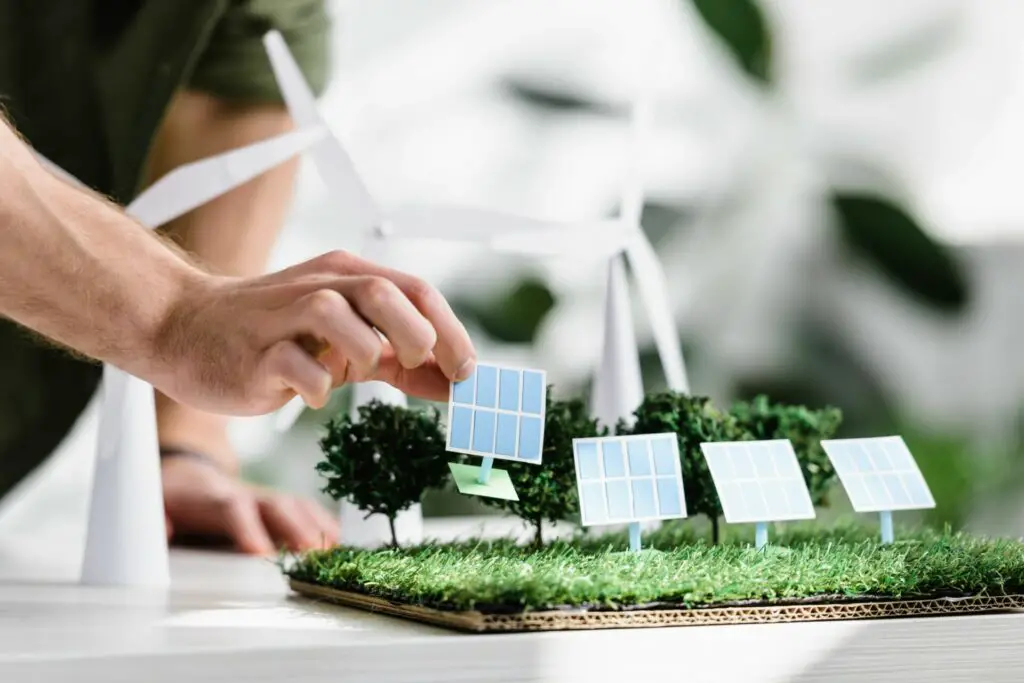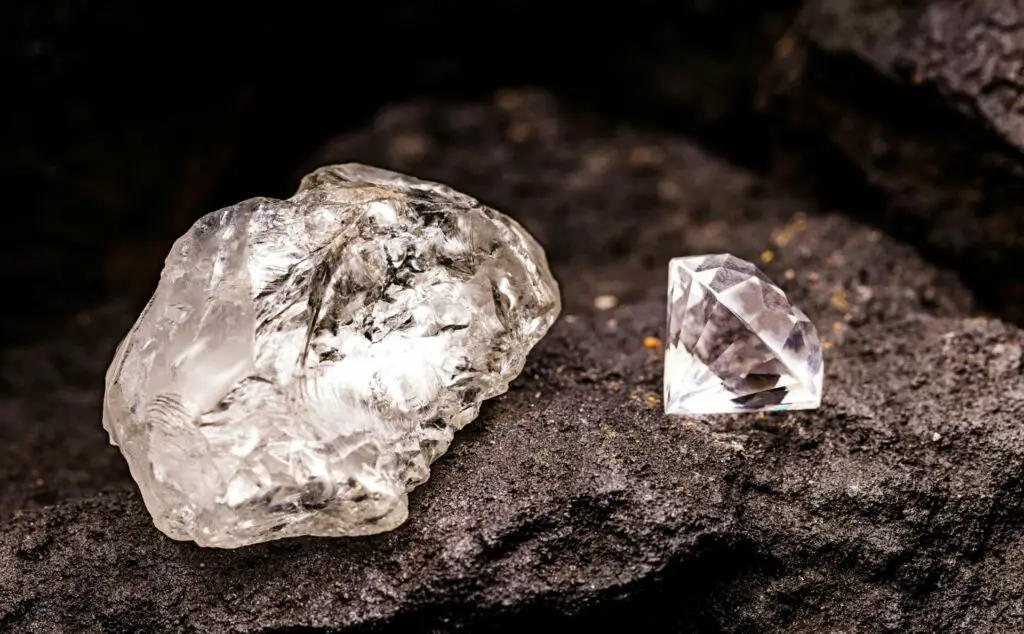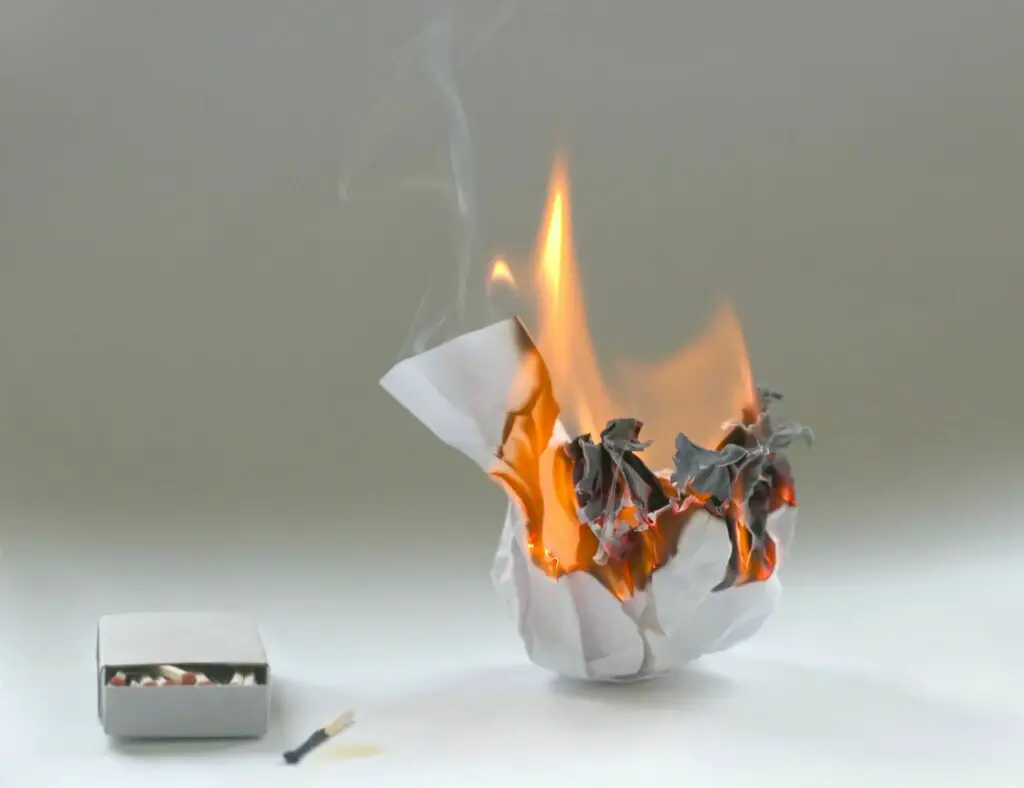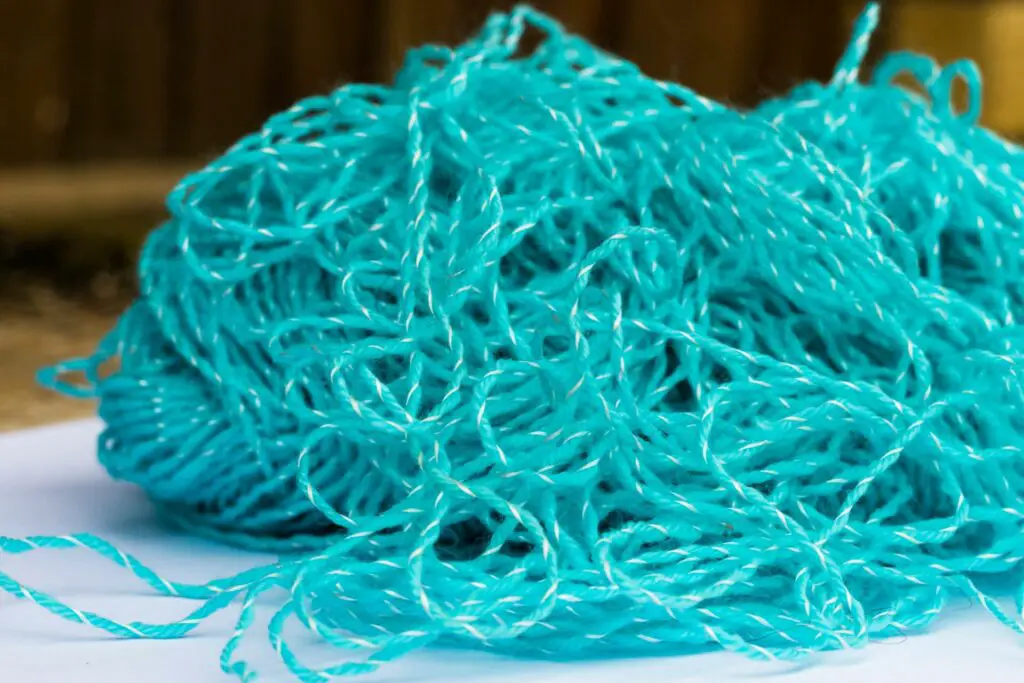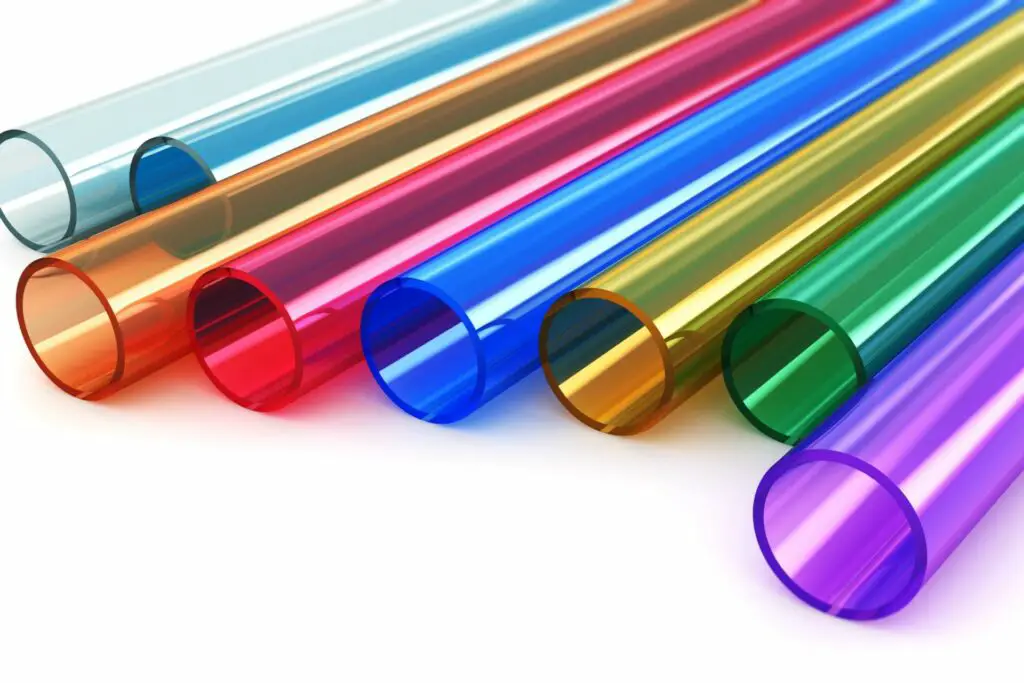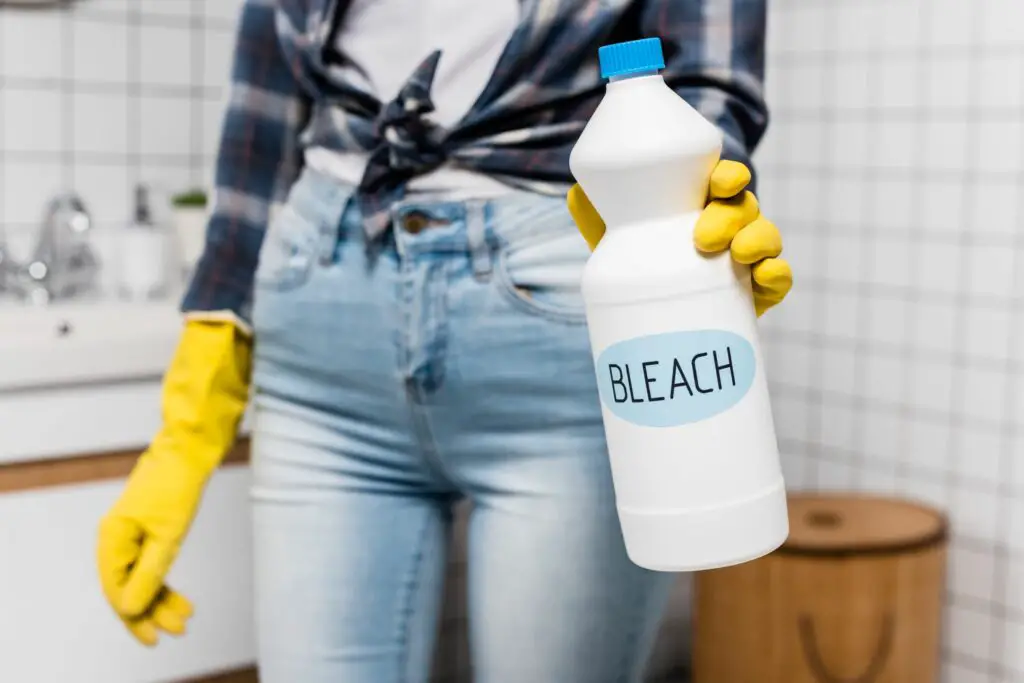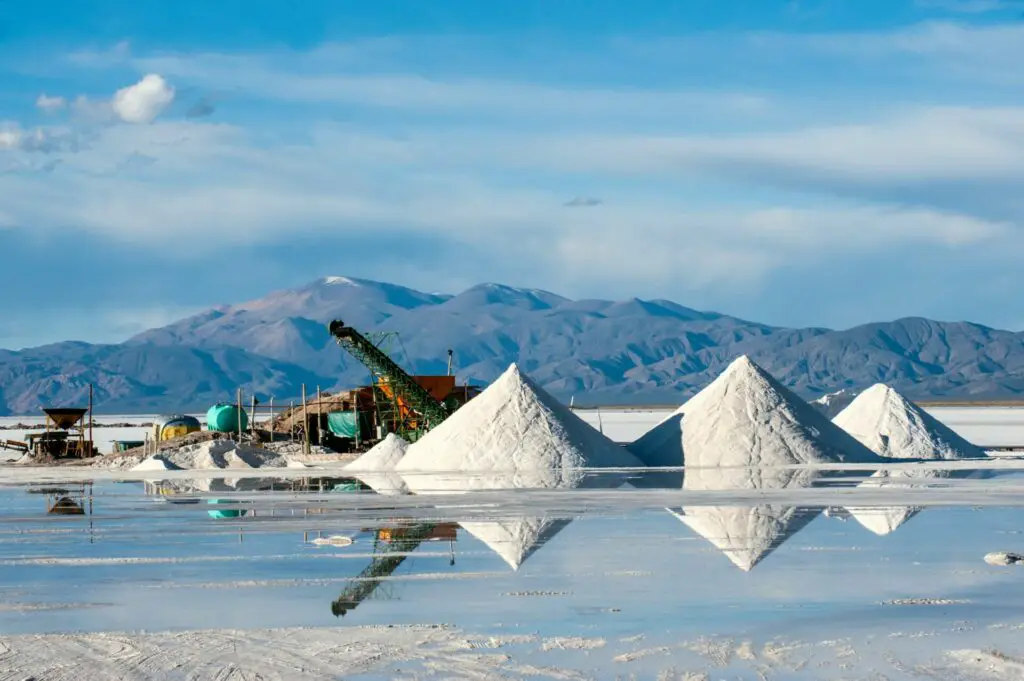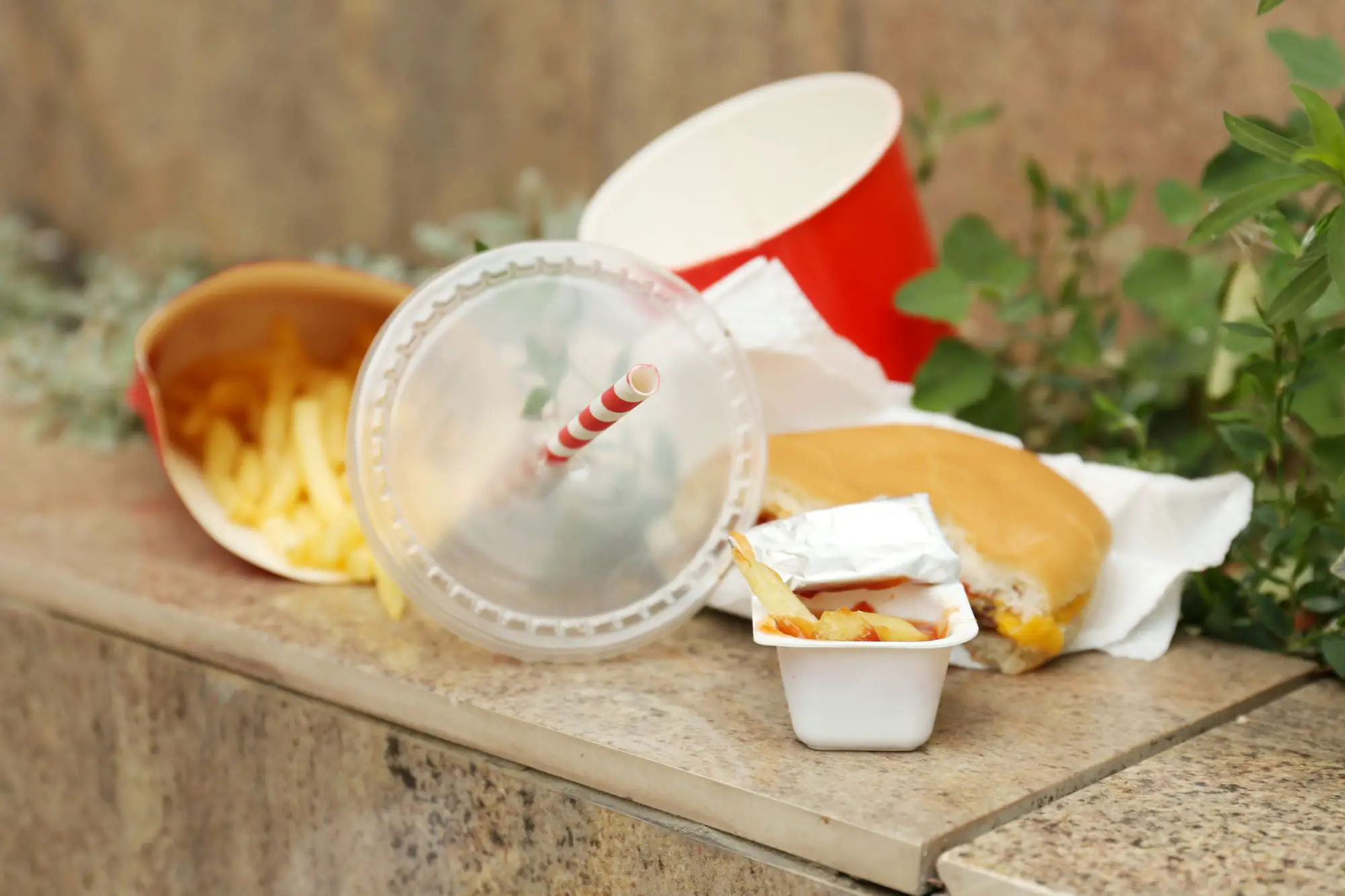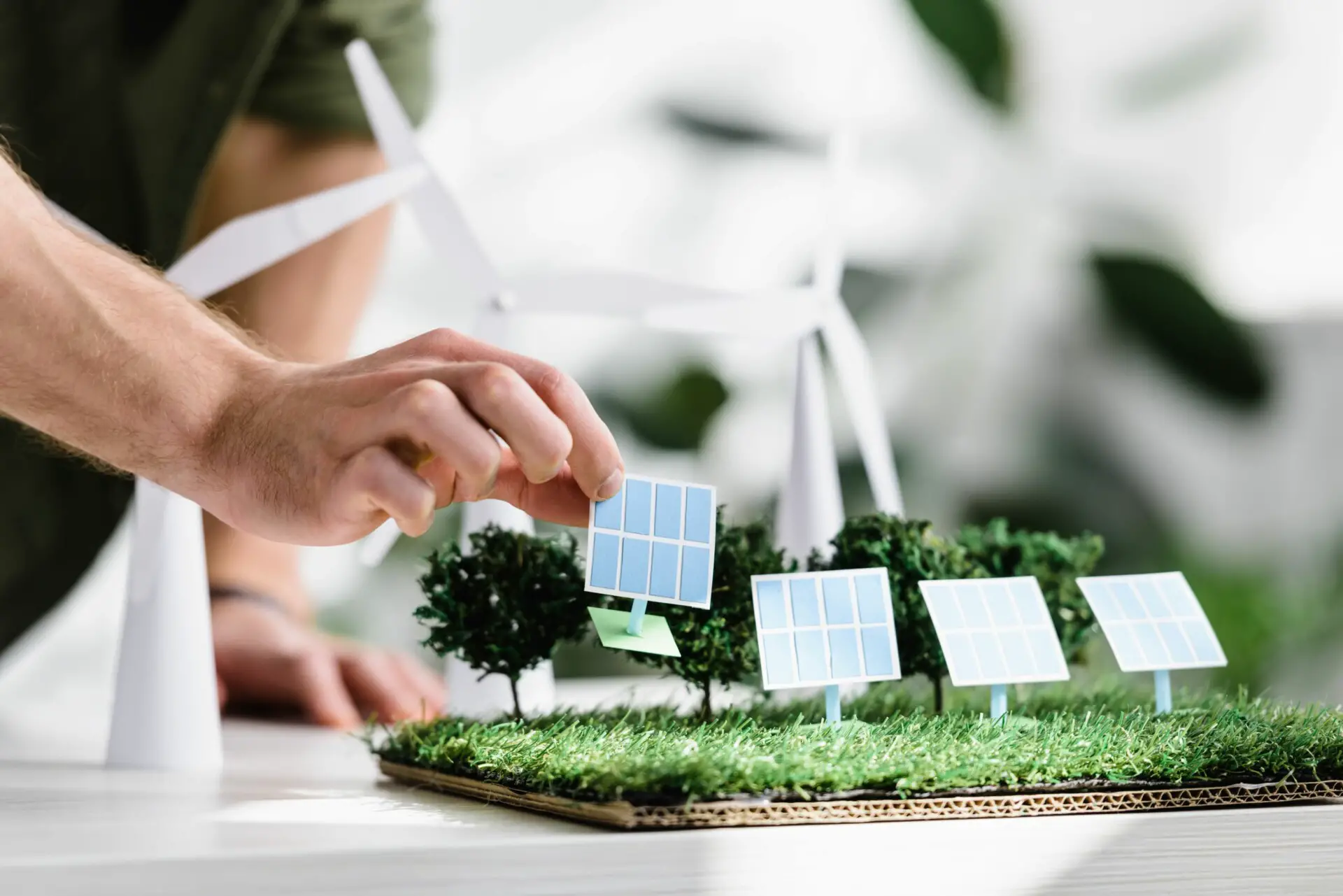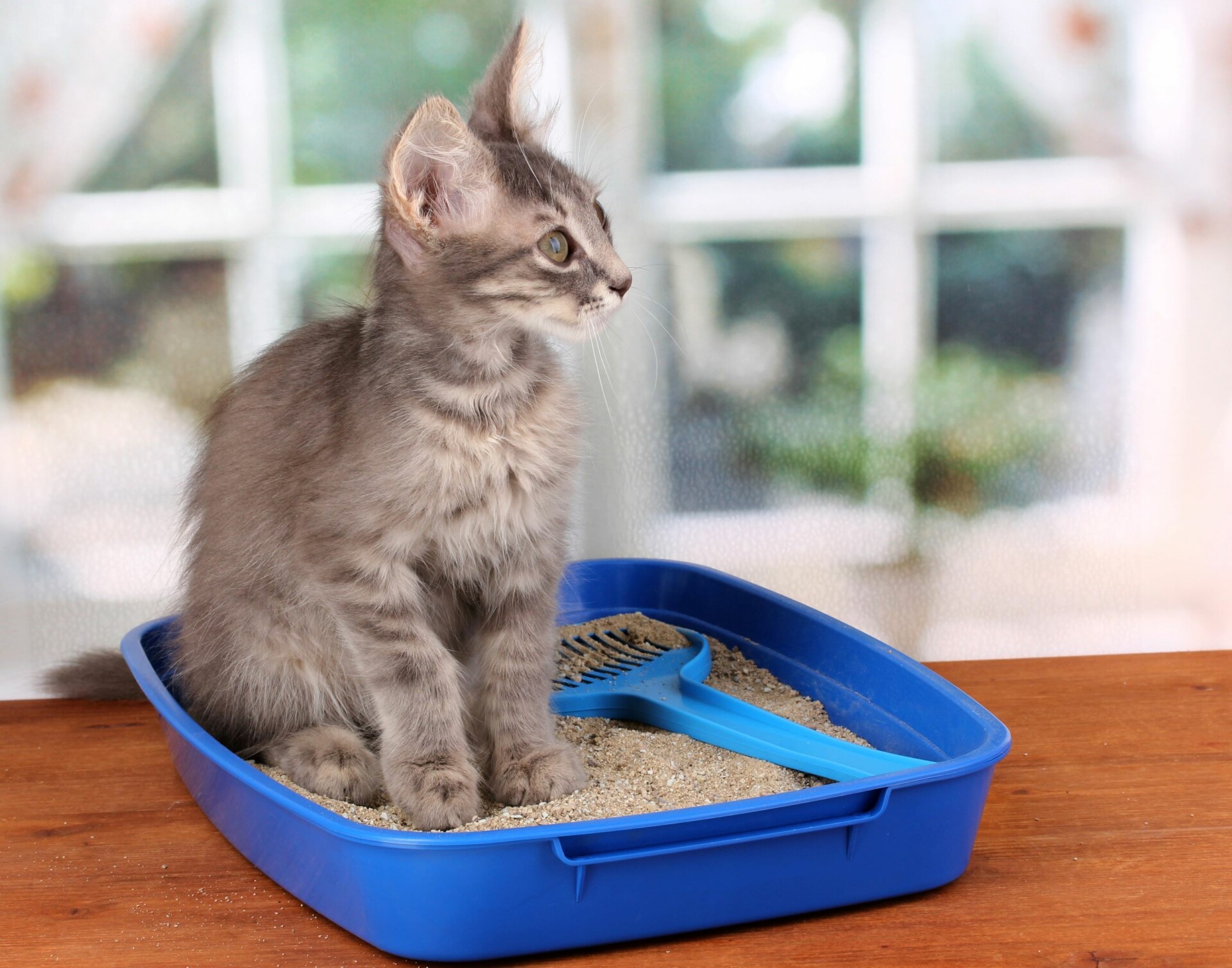If you’re trying to commit to being low-waste or zero-waste, choosing the most eco-friendly utensils can be overwhelming.
There are tons of options to choose from when selecting sustainable utensils, and it’s natural to be wary of any potential greenwashing.
So, I’ve gathered everything you need to know about how sustainable metal utensils really are.
Generally speaking, metal utensils are a better choice than plastic utensils to combat single-use plastic, but they are not sustainable overall.
1. What Are Metal Utensils Made Of?
Metal utensils are usually made from stainless steel. They can also be made from iron, aluminum, Teflon, and sometimes copper or even lead.
Lead might raise a few alarm bells. While lead from utensils can leach into foods – and later pose health issues, you are very unlikely to come across lead utensils.
In the US, there are several laws and regulations surrounding lead. Note that in the EU, lead is restricted in consumer products.
2. Are Metal Utensils Sustainable?
Metal utensils are sustainable compared to single-use products, but metal is not a sustainable resource overall.
In terms of reducing single-use waste, metal is a great choice as it can be reused indefinitely.
With that said, converting metals into utensils and other items requires a lot of energy, and as long as our energy production remains largely based on burning fossil fuels, it is unsustainable.
Only about 21% of energy produced in the US is renewable electricity, with 20 from nuclear energy.
The remainder is from coal (around 19%), natural gas (40%) and 1% from other sources.
Using non-renewable energy sources contributes to air and water pollution, and waste.
Metal is also not an infinite resource; unlike trees or bamboo, if it runs out, it cannot be formed again.
Mining for metals like copper, iron, lead, and aluminum can also pollute local environments.
3. Are Metal Utensils Recyclable?
Metal as a material is recyclable. However, metal utensils are not always accepted by local recycling plants.
In the US, metal – with the exception of tin foil or empty cans – cannot be recycled in a regular recycle bin, but some cities have metal recycling centers.
In the UK, metal cannot go in your curbside recycle bin but can be disposed of at a Household Waste Recycling Center.
Many kinds of metal items cannot go in the recycle bin because they may damage equipment at the recycling facility, due to their shapes and sizes.
Some regions in the UK suggest people put metal in their general waste -but the metal will actually be removed and recycled separately.
4. Which Metal Is the Most Eco-Friendly for Utensils?
All metals are highly polluting. However, the emissions caused by the steel sector are set to drop by 30% by 2050.
Steel is the most recycled metal in the world, followed by aluminum. Copper is also easy to recycle.
Producing these metals still takes up a lot of energy, but recycling them means fewer emissions will be created as fewer new metals will need to be mined.
So while metal is not a sustainable material overall, the most sustainable metal would be steel.
5. Are Metal Utensils More Eco-Friendly Than Plastic Utensils?
Metal and plastic are not renewable, but plastic seems to generate fewer carbon emissions than glass and steel.
With that said, metal is easier to recycle than plastic. Plastic utensils are also typically single-use plastic, so these will end up in landfills after one use.
Many single-use items also end up in the ocean and water supplies. This is hazardous to marine life and can contribute to coral bleaching and disease.
There are reusable plastic utensils out there, but they are more prone to breakage than metal, so they will need to be replaced much sooner than metal utensils.
Plastic utensils are usually made from polypropylene or polystyrene, which is what styrofoam is made from.
Polypropylene is generally recyclable in the UK, US, and EU – but whether it has coloring, food residue, or stains can impact this.
While polystyrene may technically be recycled, many local recycling centers in the US will not accept it, so it tends to end up in landfills. Polystyrene is not recyclable in the UK.
Polystyrene is recyclable in many European countries, but whether it actually ends up being recycled varies drastically per country.
For example, only 25% of it is recycled in Spain, but this figure jumps up to approximately 80% in Denmark. Most plastic in Europe is incinerated or ends up in landfills.
Recyclable materials are not always recycled either. In the US, only 8.7% of the plastic produced in 2018 was recycled.
In terms of reduced carbon emissions, plastic is the more sustainable option. However, plastic utensils create more waste than metal utensils as they are usually single-use items.
6. Are Metal Utensils More Eco-Friendly Than Wooden Utensils?
Wooden utensils are more eco-friendly than metal utensils. Wood is a natural, biodegradable, renewable resource.
However, cutting mature trees means there are less to absorb CO2 from the atmosphere.
As mentioned earlier, mining for metals releases carbon emissions into the environment. Logging for wood also releases these emissions.
There are usually two types of wooden utensils; single-use and ones designed to last longer, which are usually larger and thicker.
The single-use variety is thin and contains no varnish and coating. This means they are biodegradable.
The other variety may have varnish or wax covering them, but this is unlikely to be toxic as it comes into contact with food.
Whether these wooden utensils are biodegradable will depend on the type of varnish or wax used. The wax used is typically Carnauba wax. Carnauba wax is biodegradable.
If a finish is used on the wooden utensils, it is likely mineral oil or some sort of vegetable oil.
Mineral oil is not biodegradable and may even be toxic, but vegetable oil is biodegradable.
7. Are Metal Utensils More Eco-Friendly Than Bamboo Utensils?
Metal is a finite resource, whereas bamboo is renewable. Bamboo is also biodegradable.
However, bamboo utensils may not be reused as long as metal utensils are.
Some people are put-off by bamboo utensils because they can get stained by food and drinks.
They are also more fragile than metal, and unvarnished bamboo can develop mold.
Metal utensils usually have a longer life cycle; however, bamboo is more sustainable overall.
You Might Also Like…
- Is Fast Food Bad for the Environment? (& What You Can Do)
- Is Fabric Softener Bad for the Environment? (+5 Eco-Friendly Options)
- Is Fuel Dumping Bad for the Environment? (& How Often It Happens)
- Is Electricity Generation Bad for the Environment? (What You Should Know)
- Is Dry Cleaning Bad for the Environment? (4 Surprising Facts)
- Is Diamond Mining Bad for the Environment? (Important Facts)
- Is DEET Bad for the Environment? 4 Effects (You Should Know)
- Is Cat Litter Bad for the Environment? (5 Common Questions)
- Is Burning Cardboard Bad for the Environment? (6 Facts)
- Is Burning Paper Bad for the Environment? (6 Surprising Facts)
- Is Burning Leaves Bad for the Environment? (7 Quick Facts)
- 4 Natural Cleaners for Quartz Countertops
- 6 Eco-Friendly Acrylic Paint Brands (For Sustainable Artists)
- 5 Eco-friendly Alternatives to Acrylic Paint (& How to Make Them)
- Is Acrylic Paint Bad for the Environment? (7 Quick Facts)
- Is Acrylic Yarn Bad for the Environment? 8 Crucial Facts
- Is Acrylic Bad for the Environment? (8 Quick Facts)
- Is Aluminum Foil Bad for the Environment? 7 Quick Facts
- Is Bleach Bad for the Environment? 6 Crucial Facts
- Is Lithium Mining Bad for the Environment? 6 Crucial Facts

